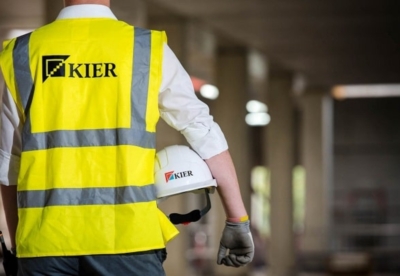The latest quarterly survey supported by the main electrotechnical sector trade bodies paints a picture of an overriding issue that has now been a serious concern for the last four quarters.
The warning comes as the sector also reports growing workloads and orders driven by big data centre and lab work for larger firms and decarbonising programmes helping smaller specialist trades.
Half of those surveyed said they are now consistently operating with vacancies.
Of these, nearly half blamed a lack of applicants while those that did apply lacked the right attitude or behaviours (46%), or had pay expectations that were too high (45%).
Around 8 in 10 surveyed were classified as SMEs – meaning they employ 250 or fewer people.
ECA chief operations office Andrew Eldred said: “Policymakers need to start listening to engineering services SMEs and reshape the skills system to deliver training routes which real-world employers value and recognise.
“This is essential if we are to build an appropriately sized workforce with the right qualifications to install low-carbon technologies efficiently and safely.”
On the separate question of payment times nearly two-thirds (63%) said commercial clients and main contractors took 31 to 60 days to pay for work.
Just over one in 10 said payment could take 61 to 90 days, and three in five said between 1 and 10% of turnover was currently being held in retentions.
Building Engineering Services Association director of legal and commercial Debbie Petford, said: “In our recently published Top 30 M&E contractors report, many of the sector’s senior managers noted that the prospects for growth were improving – particularly in high-value sectors like healthcare, data centres, and research,”
“However, they continue to be worried about the lack of skills and diversity in the industry’s workforces, and the need to improve productivity by wider adoption of digital and off-site solutions which require new skillsets.”






.gif)















































